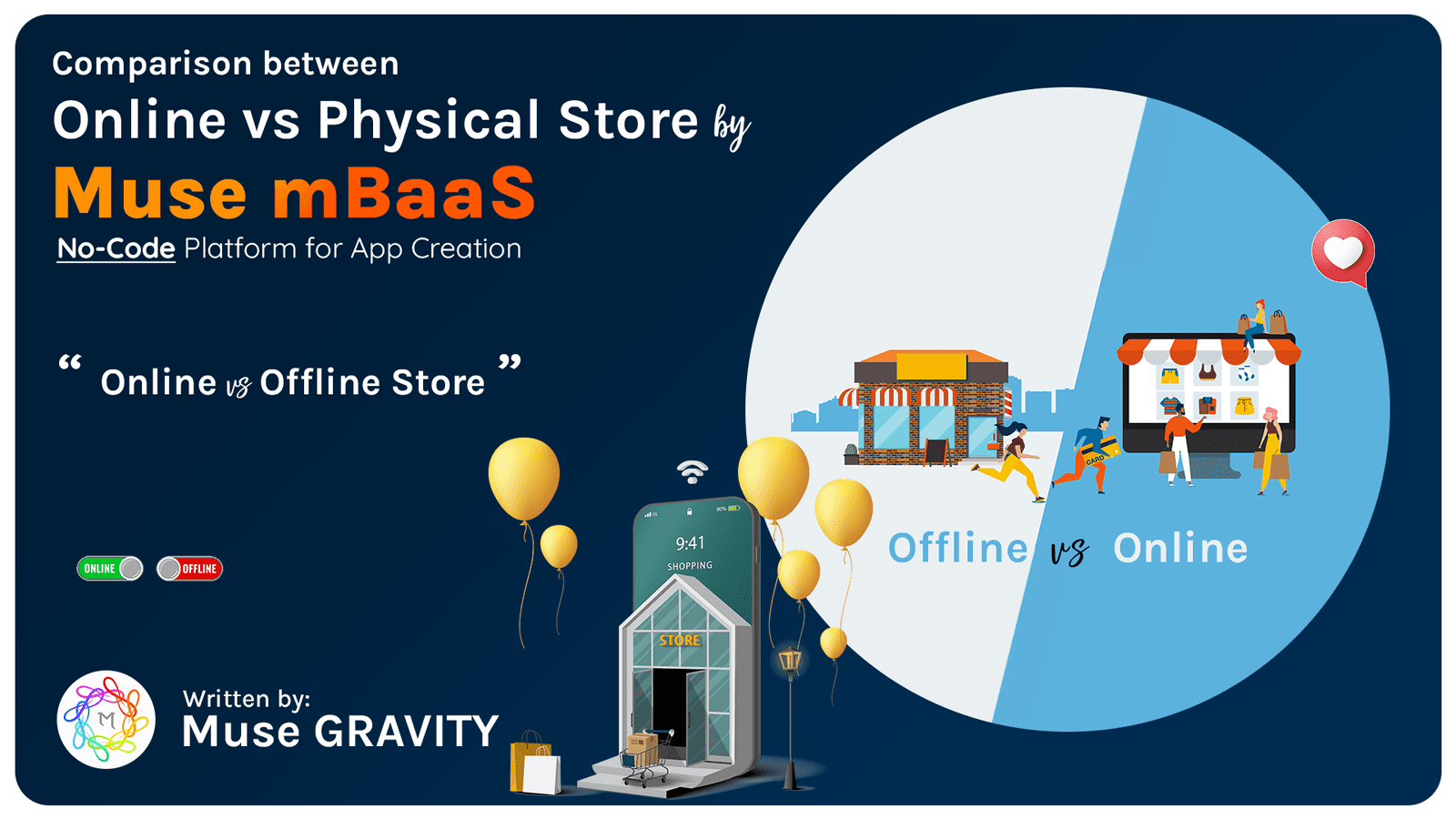
10 Reasons Why Online Stores Are Better Than Physical Stores
1. Round-the-Clock Shopping :
One of the most significant advantages of online stores is their 24/7 availability. This convenience means customers can shop anytime, fitting their purchases around busy schedules or late-night impulses. This round-the-clock accessibility caters to a modern lifestyle where traditional store hours may not align with consumers' free time.
2. Global Market Access :
Online stores transcend geographical boundaries, reaching a global audience; this broadens the customer base far beyond the local community, opening up opportunities for international sales. This global reach allows customers from different parts of the world to access products that may not be available locally, thereby increasing the diversity and richness of the shopping experience.
3. Cost-Effective Operations :
Without the need for physical space and the associated overhead costs like rent, utilities, and extensive staff teams, online stores often operate at a lower cost. This efficiency can translate into competitive pricing and better customer deals, making online shopping more economically attractive.
4. Explansive Product Range :
The virtual nature of online stores allows them to offer a more comprehensive array of products than physical stores. The limitations of shelf space and local market demands do not restrict online inventories, providing customers with a more extensive selection and the ability to find niche or specialized items easily.
5. Customized Shopping Experiences :
Online stores can leverage data analytics to offer personalized shopping experiences. By tracking browsing and purchasing patterns, these stores can suggest products that align with individual customer preferences, making the shopping experience more tailored and engaging
6. Geographical Independence :
With online shopping, the physical location of customers becomes irrelevant. This freedom allows customers to shop from anywhere without the limitations and costs of travel, offering unparalleled convenience, especially for those in remote or rural areas.
7. No Sales Pressure :
The absence of sales personnel means customers can browse and shop without feeling pressured or rushed. This relaxed environment allows for more thoughtful purchasing decisions, improving customer satisfaction.
8. Comprehensive Product Information and Reviews :
Online stores typically provide detailed product descriptions and user reviews. This wealth of information helps customers make informed choices by understanding the product features and reading about other users' experiences.
9. Efficient Inventory Management :
For retailers, managing inventory is more streamlined and can be automated online. This efficiency reduces overhead costs and the risk of overstocking or stockouts, ensuring a better balance of supply and demand.
10. Avoidance of Queues and Crowds :
Online shopping eliminates the inconvenience of waiting in line or navigating through crowded stores, particularly during peak seasons or sales. This comfort adds to the appeal of shopping from the peace of your home.
Summary
Conclusion:
The blog highlights the distinct advantages that online stores have over physical stores, emphasizing how they are reshaping the retail landscape. The key benefits include:
- 24/7 availability.
- Global reach.
- Cost-effectiveness.
- Expansive product ranges.
- Personalized shopping experiences.
- Geographical independence.
- Reduced sales pressure.
- Detailed product information and reviews.
- Efficient inventory management.
- The avoidance of queues and crowds.
These factors collectively enhance the consumer experience and offer retailers significant operational advantages.
When relating these benefits to Muse mBaaS (Mobile Backend as a Service), it's clear that a platform like Muse mBaaS can amplify these advantages. Muse mBaaS provides backend services for mobile applications, which can play a pivotal role in supporting the digital infrastructure of online stores. It offers scalability, ensuring that as an online store grows, it can seamlessly handle increased traffic and transactions. It is crucial for maintaining the 24/7 accessibility and smooth customer experience that are hallmarks of successful online retail.
Moreover, Muse mBaaS can help manage the vast amounts of data generated by online stores, from customer behavior analytics to inventory management. This data is vital for offering personalized shopping experiences and efficient inventory control, aligning perfectly with the advantages outlined in the blog. With its ability to process and analyze large data sets, Muse mBaaS can provide valuable insights for tailoring marketing strategies and improving operational efficiency.
Furthermore, Muse mBaaS's capabilities in ensuring robust security and data protection are essential for building customer trust in online transactions, a critical component of the online shopping experience. By leveraging the power of Muse mBaaS, online retailers can optimize their current operations, innovate, and stay ahead in a highly competitive digital marketplace. The blog’s emphasis on the shift towards digital retail aligns well with the strengths of Muse mBaaS, showcasing how such backend platforms are indispensable in the modern retail ecosystem, driving growth and enhancing customer engagement in the digital age.
No Credit card Required
















